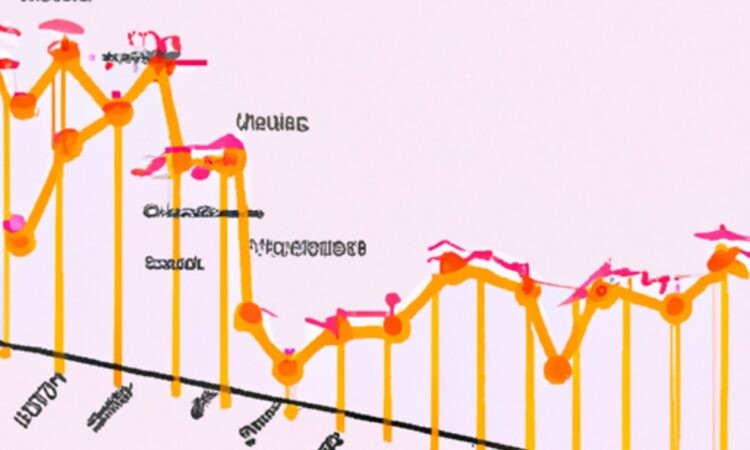China’s Golden Week fails to boost economy
China’s Golden Week holiday period failed to boost the economy as expected, with retail sales falling short of expectations. This suggests that the Chinese consumer is still under pressure from high inflation and the ongoing property crisis.
Golden Week is a week-long holiday period that begins on National Day (October 1) and is one of the busiest travel and shopping seasons in China. However, this year’s holiday period saw a decline in both spending and travel. Retail sales during Golden Week increased by just 1.5% year-over-year, while the number of domestic trips taken fell by 2%. This is in stark contrast to previous years, when Golden Week typically saw double-digit growth in both spending and travel.
The weak performance of Golden Week is a sign that the Chinese consumer is still struggling. High inflation and the ongoing property crisis have eroded household savings and made people more cautious about spending. As a result, many Chinese consumers opted to stay home and save their money during Golden Week.
The weak performance of Golden Week is also a concern for the Chinese government, which is relying on consumer spending to drive economic growth. The government has taken a number of steps to boost consumer spending, such as cutting taxes and fees and issuing consumption vouchers. However, these measures have had little impact so far.
The Chinese government will need to do more to support consumer spending in order to achieve its economic growth targets. This could include providing more direct financial assistance to households, reducing the regulatory burden on businesses, and investing in infrastructure and social programs.

